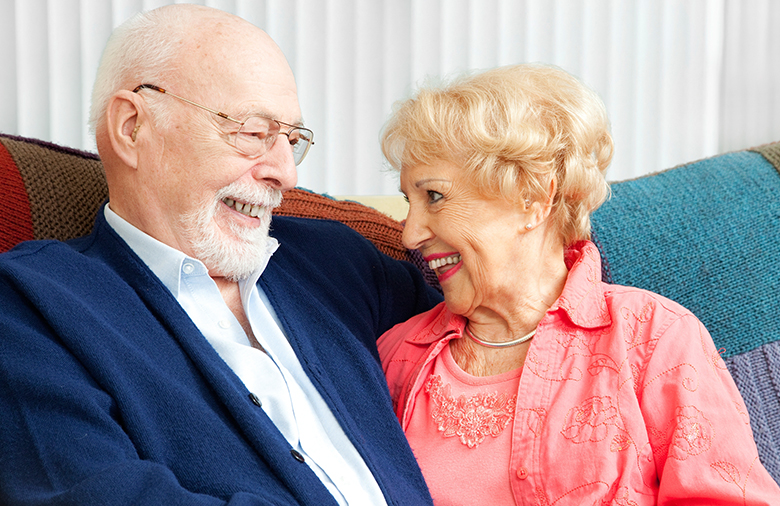Health & Wellness, Technology
Medical News – Innovative Mobile Health Technology Allows Older Adults To Live Independently
Often with older people, they want to stay in their homes and live independently, but due to age-related memory loss and other conditions, that’s not always possible. Although physically healthy enough, they often need to move into a senior living facility to be cared for.
The Washington Post recently published an article that discusses how home-use medical devices that track behavior and vital signs in older adults – that are then shared with their physician – can allow them to stay in their homes longer.
Some of the developments especially geared to caring for seniors include:
- Medicine bottles that will alert a physician when their patient misses a dose.
- Pressure-sensitive floor mats that can detect when someone has fallen.
- Alerts when a patient hasn’t showered recently.
- Telemedicine – similar to video-conferencing – right from the patient’s home.
- Better diagnosis when seniors are in their natural settings.
- Temperature sensors to tell if the patient is at home.
With all of this constant monitoring, doctors will be inundated with updates about their patients. This can be a great asset for the patient’s health, but could also cause an overload of non-chargeable time for the doctor, as there isn’t medical coding for these reimbursements.
However, the overload of information is a major concern regarding patient privacy. Technology allows us to gather large quantities of sensitive information, but is it being protected? It’s also unclear how a data breach, security and other laws will apply to these newly released devices that monitor and collect personal data.
Part of the concern is based on the information being handled by companies that have not traditionally dealt with sensitive health information.
Several of the major companies involved – Honeywell and Qualcomm – say that their products comply with the Health Insurance Portability and Accountability Act, more commonly referred to as HIPAA in the medical industry.
Another area of concern is access to the technology. Currently, only 35% of Americans have tablet computers, with only 16% of those ages 65 and older owning those devices.
Older Americans are often uncomfortable with any type of technology. The article cited that manufacturers have hit roadblocks with older people who are overwhelmed with even simple, one-button technology.
Source
Related Article

Join the Discussion
0 Comments